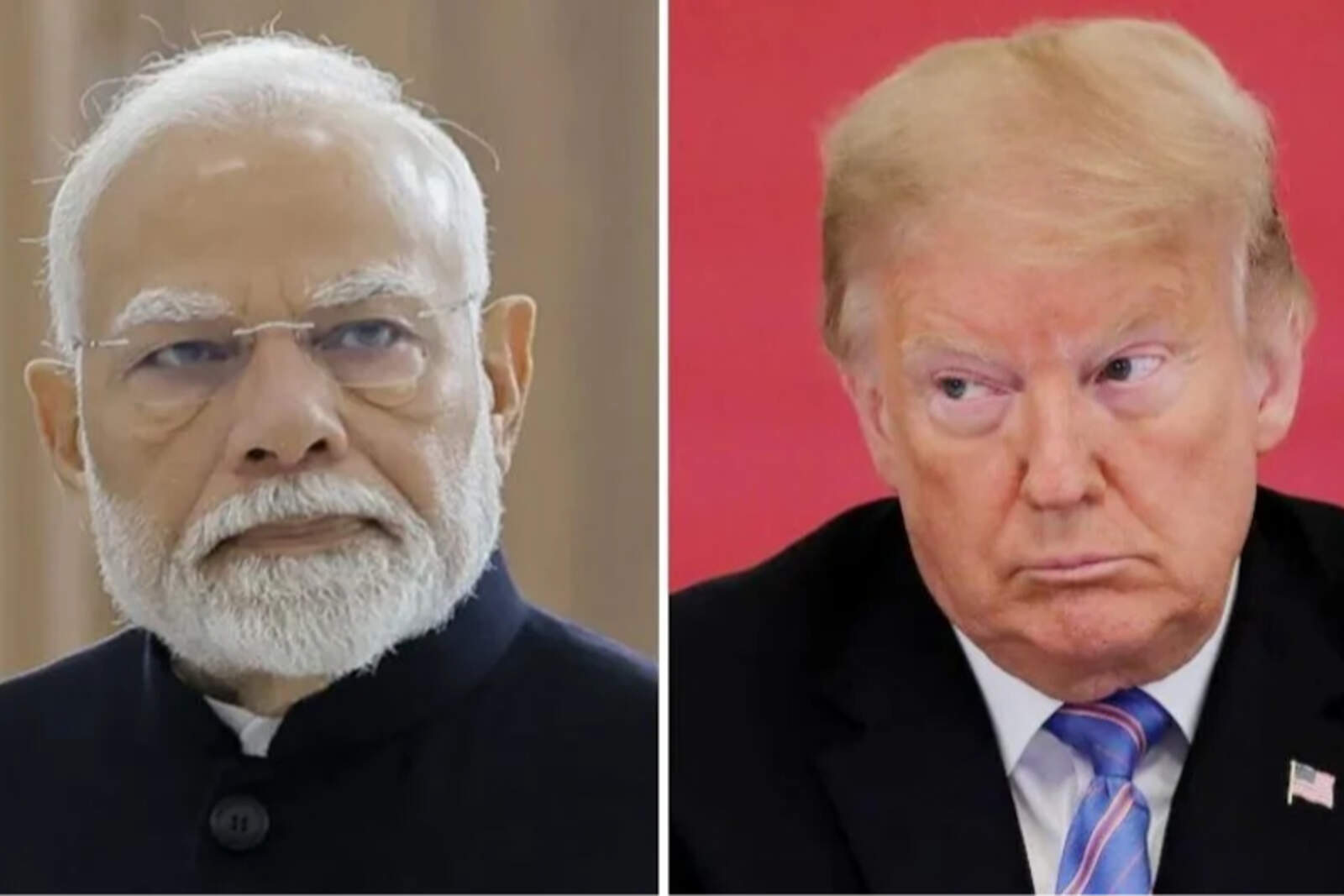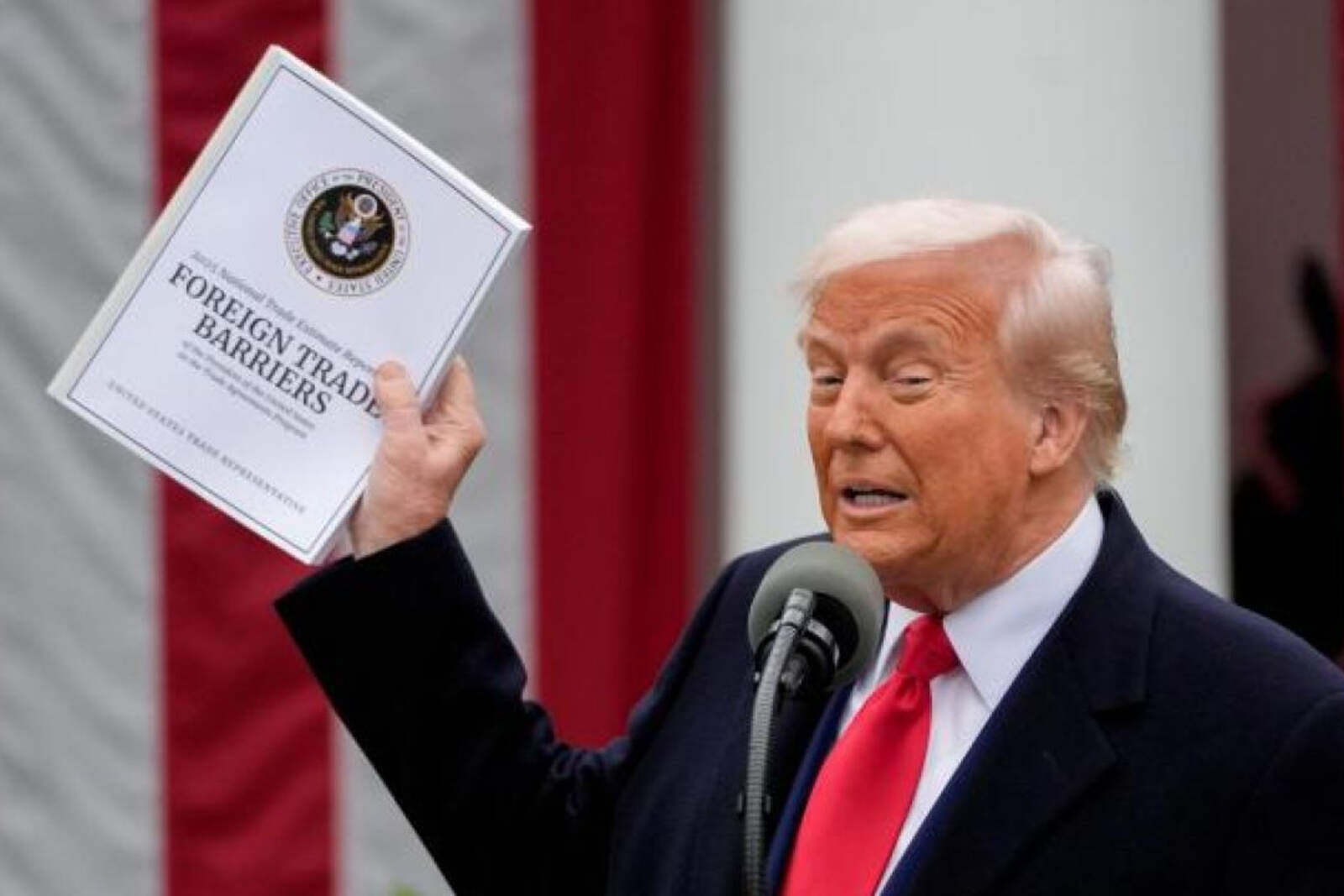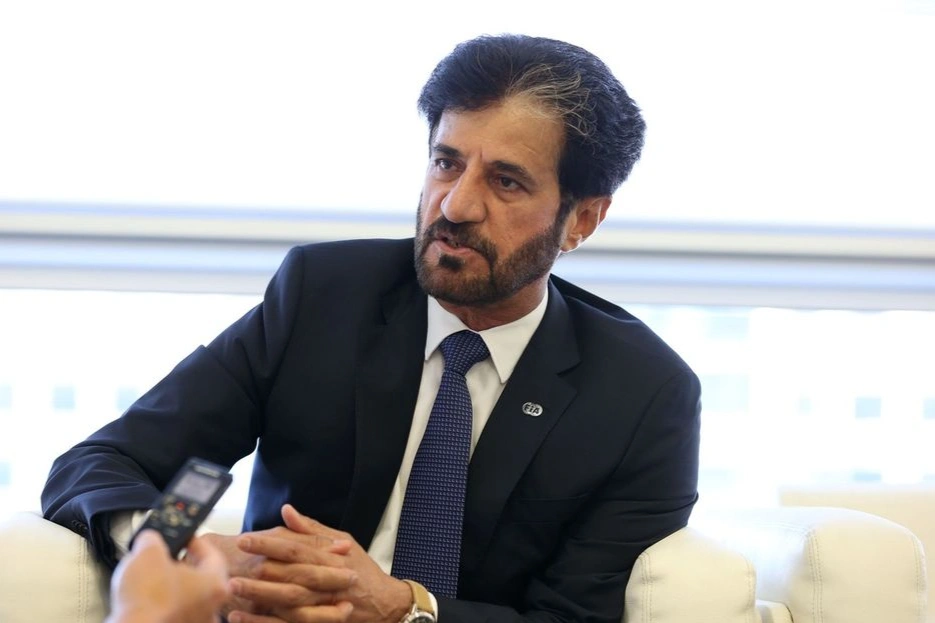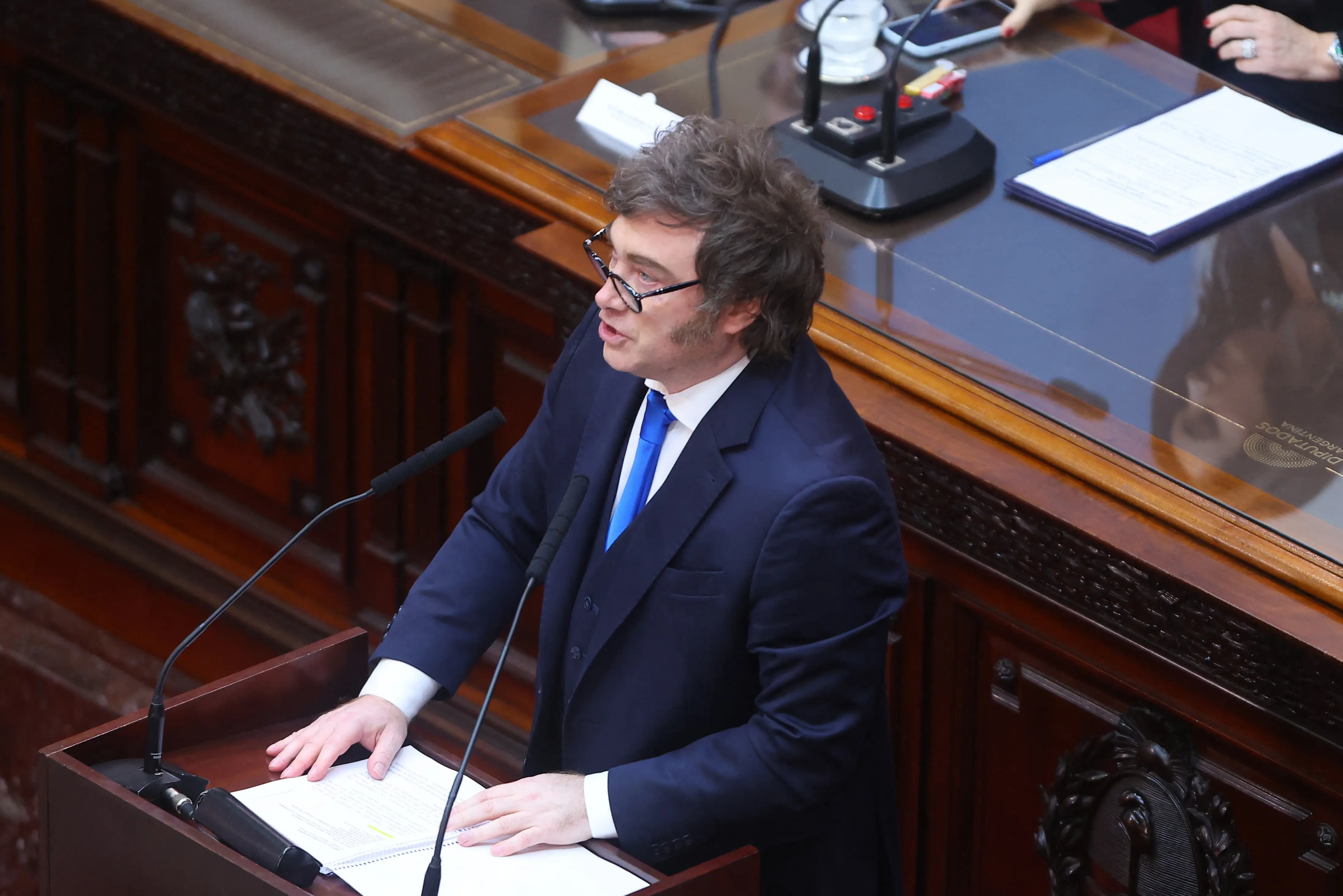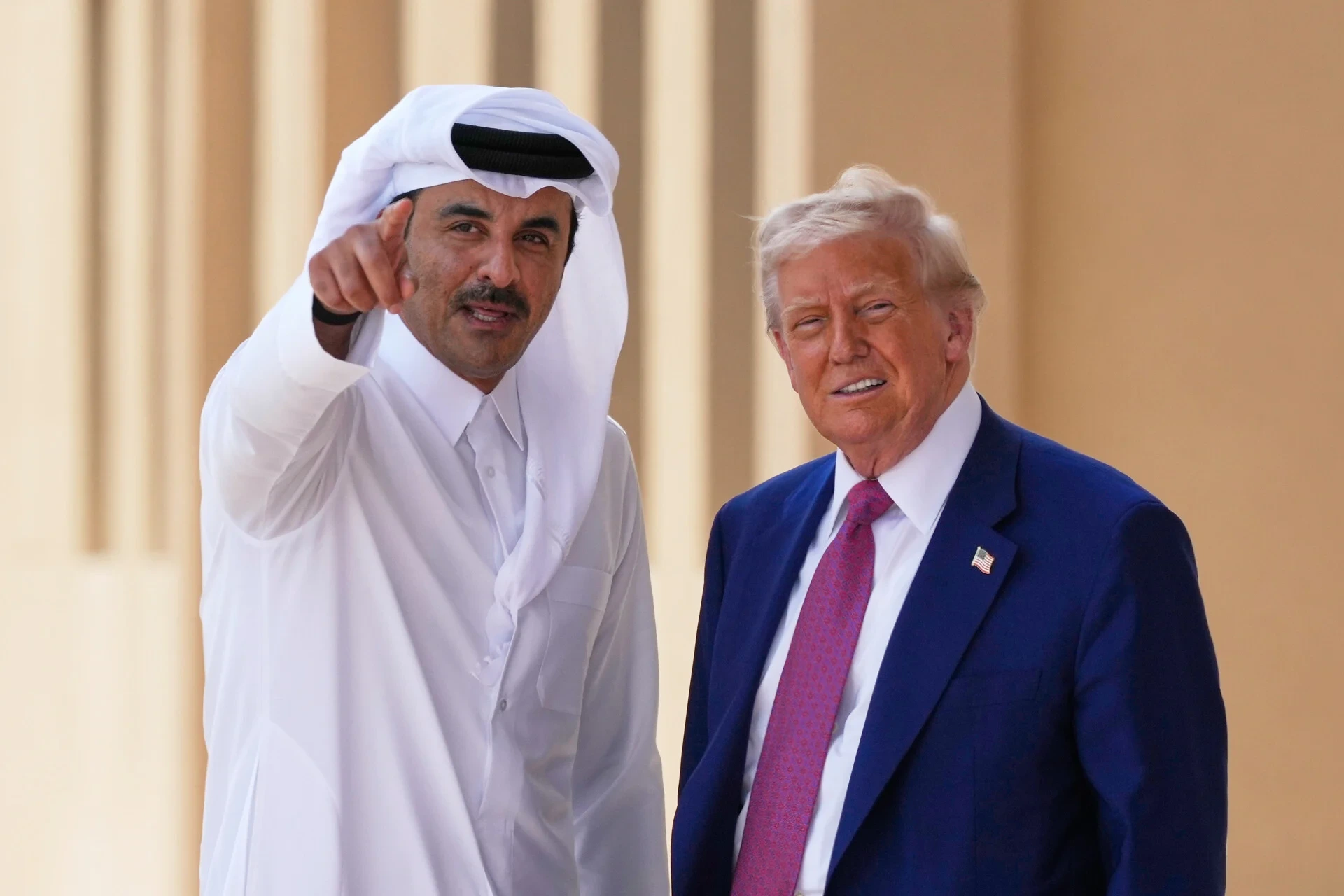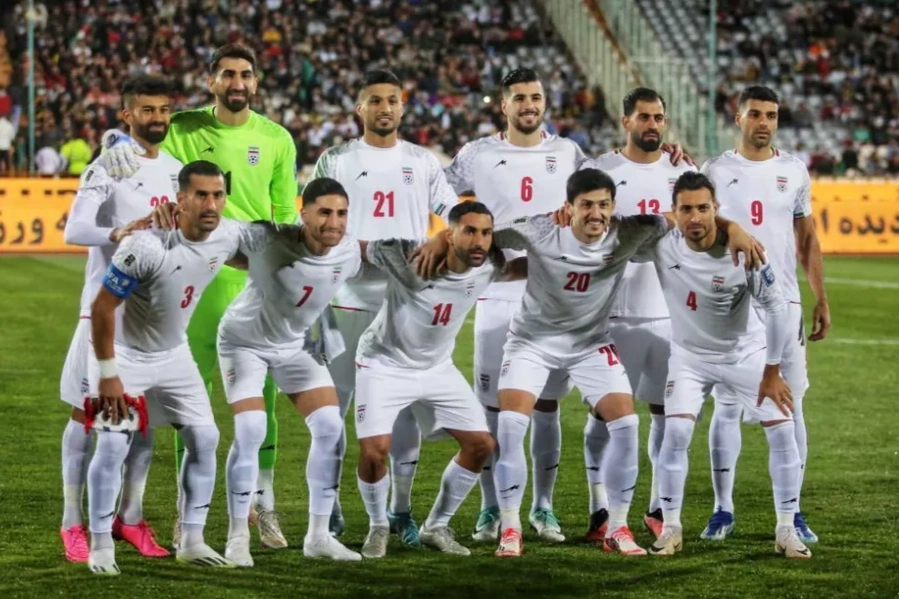The President of the United States, Donald Trump, announced the imposition of a 25% tariff on all imports from India, a measure that will take effect starting August 1.
The decision, released through the Truth Social network, is part of a renewed trade strategy by the president aimed at reducing trade imbalances and sanctioning strategic alliances contrary to Washington's interests.
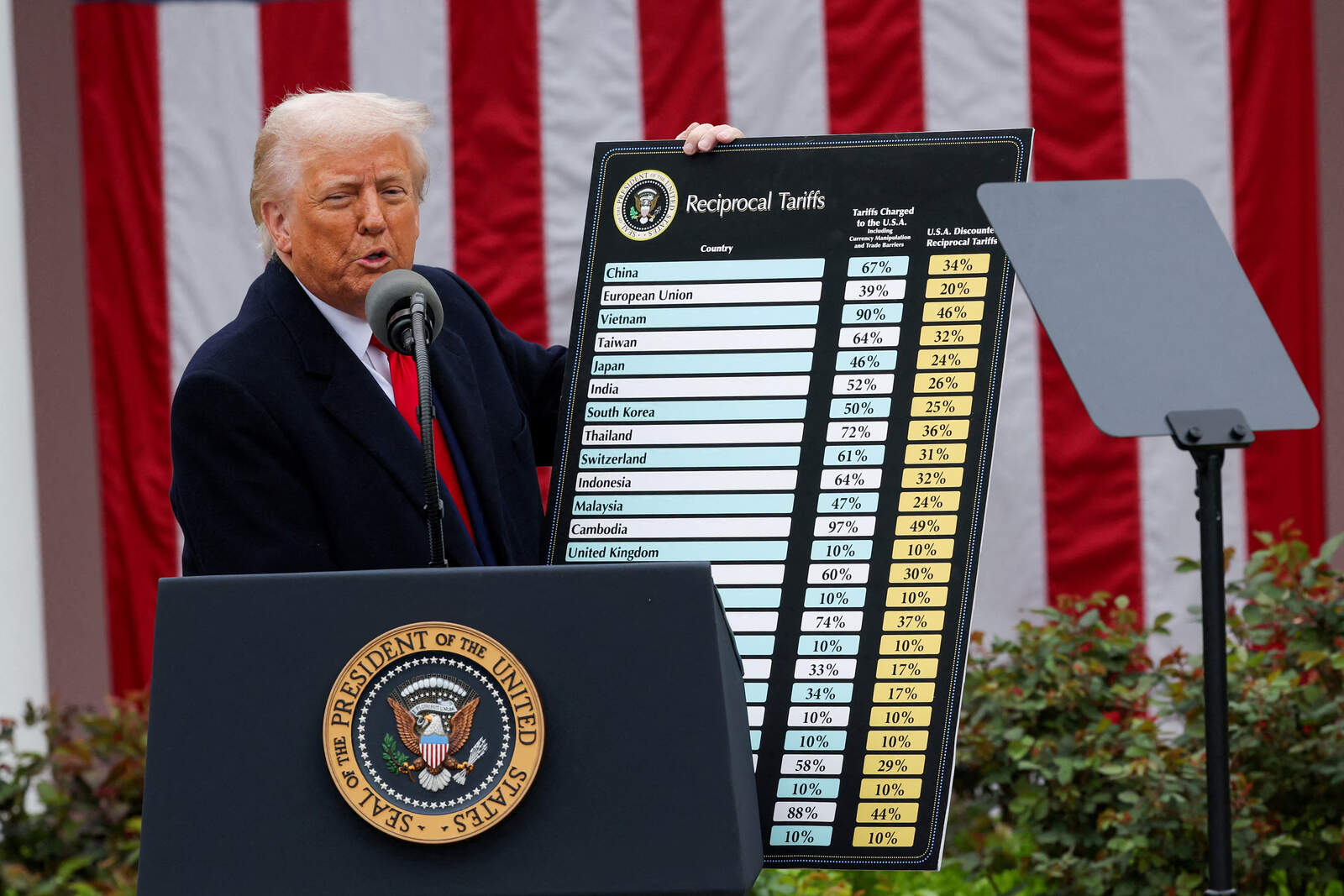
According to the president, the measure responds to trade practices he described as unfair by the Indian government, as well as its sustained rapprochement with Russia in key sectors such as energy and defense. "Remember, while India is our ally, over the years we've done relatively little business with it due to its excessively high tariffs," among the highest in the world, "and because they have the most severe and troublesome non-monetary trade barriers of any country"", Trump stated.
The president also justified the tariff based on the volume of imports from India, which has contributed to a trade deficit exceeding 60 billion dollars during the past year. "We have a huge trade deficit with India", he said in another message. The decision also includes an additional sanction for New Delhi's strategic ties with Moscow, although the legal or financial aspects of this penalty have not yet been detailed.
Trump specifically targeted India's defense policy, noting that "they've always bought the vast majority of their military equipment from Russia and are the largest buyer of energy from Russia, along with China, at a time when everyone wants Russia to stop the killing in Ukraine". In this context, the president concluded:"Not good. Therefore, India will pay a 25% tariff, plus a penalty for the above, starting August 1".

